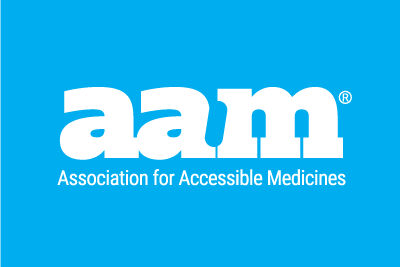Dear Mr. President—On the Eve of Your Drug-Pricing Speech
A virtuous cycle of innovation and access has served as the foundation for our nation’s prescription drug market since the presidency of Ronald Reagan. When that market worked as Congress originally intended around the time of enactment of the Hatch-Waxman amendments in the 1980s, patients benefited from lifesaving new drugs; they maintained their health with generic medicines; brand drug makers recouped their investments, rewarded shareholders and were incentivized to discover new therapies and cures; and the makers of generics had thriving businesses.
